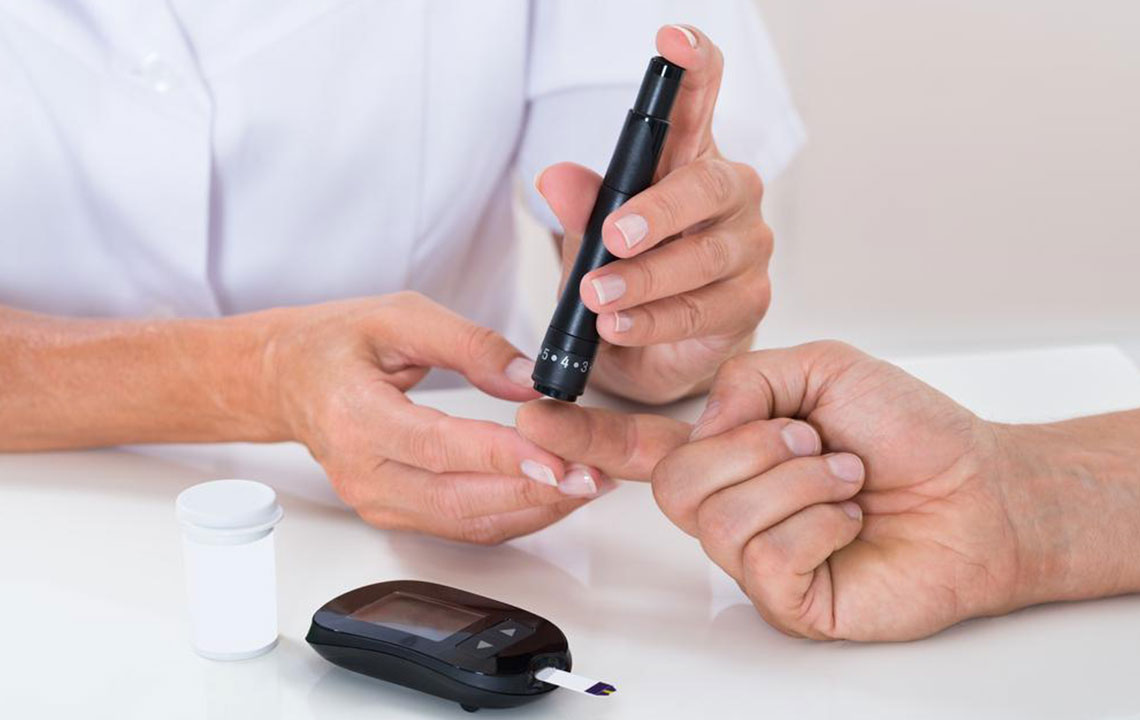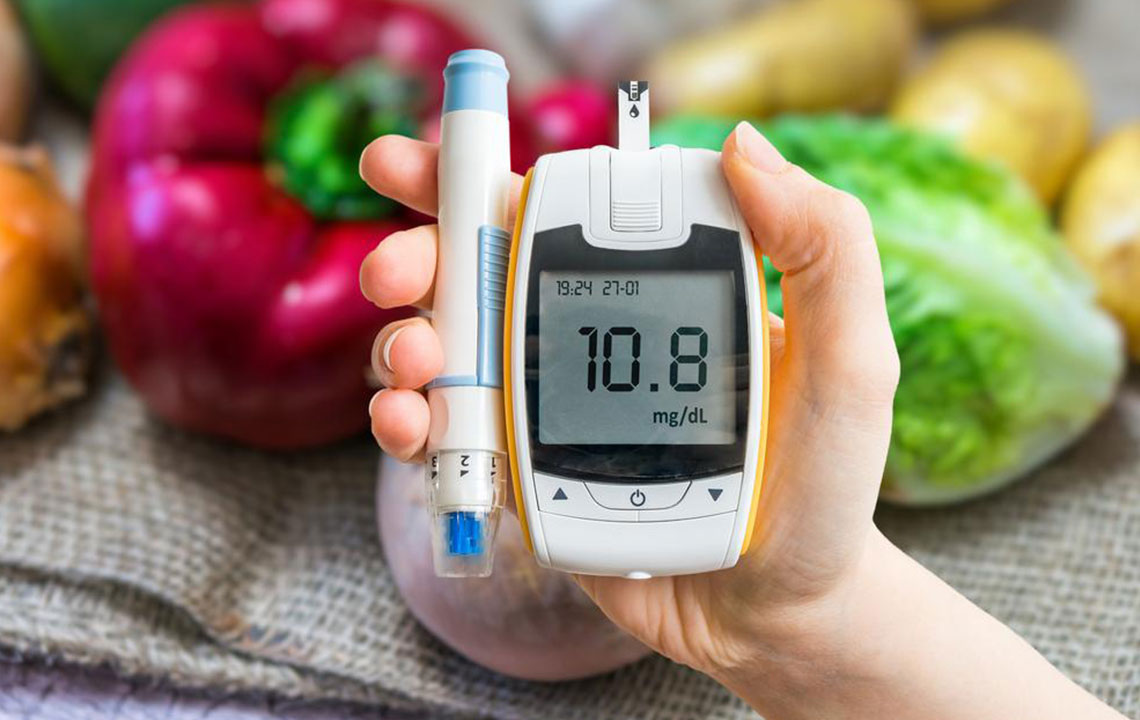Comprehensive Guide to How Medications Support Effective Diabetes Management
Discover how medications play a vital role in diabetes management by improving insulin sensitivity, delaying carbohydrate absorption, and promoting glucose excretion. Learn the different types of diabetes drugs and how they work alongside lifestyle changes to achieve better blood sugar control and prevent long-term complications.

Comprehensive Guide to How Medications Support Effective Diabetes Management
Managing diabetes effectively requires a multifaceted approach that includes a well-balanced diet, consistent physical activity, and adherence to prescribed medications. While lifestyle changes are crucial, the role of medications in controlling blood glucose levels cannot be underestimated. Proper medication use enhances the body's ability to regulate blood sugar, prevent complications, and improve overall health outcomes.
Failure to follow medication regimens consistently can lead to blood sugar fluctuations, diminished effectiveness of lifestyle interventions, and increased risk of long-term complications such as cardiovascular disease, neuropathy, and kidney issues. Medications not only help maintain stable blood glucose levels but also work synergistically with lifestyle modifications to optimize diabetes management.
Understanding How Diabetes Medications Work:
Improve Insulin Sensitivity: Many medications are designed to increase the responsiveness of muscle, fat, and liver cells to insulin. This is particularly important for individuals with Type 2 diabetes, where insulin resistance is a primary concern. Drugs like metformin play a significant role in enhancing cellular response to insulin, thereby facilitating better glucose uptake from the bloodstream.
Delay Carbohydrate Absorption: Some drugs interfere with carbohydrate digestion in the gut, slowing the rate at which glucose enters the bloodstream after meals. Medications such as alpha-glucosidase inhibitors help prevent rapid post-meal blood sugar spikes, allowing for smoother blood sugar control throughout the day.
Promote Glucose Excretion via Urine: Certain medications facilitate the removal of excess glucose through the kidneys. Drugs like SGLT2 inhibitors work by blocking renal glucose reabsorption, leading to increased glucose excretion in urine. This method effectively lowers blood sugar levels and can also have benefits for heart health and weight management.
Stimulate Insulin Production: Some medications stimulate the pancreatic beta cells to produce more insulin. These drugs are often used in Type 2 diabetes to enhance endogenous insulin secretion during meal times, helping to manage postprandial blood sugar spikes.
While lifestyle modifications such as diet and exercise are foundational, medications provide an essential support system for achieving and maintaining optimal blood sugar levels. Combining these strategies is proven to be the most effective approach for managing diabetes long-term. Continuous monitoring and consultation with healthcare professionals ensure that medication regimens are tailored to individual needs, minimizing risks and maximizing benefits.





